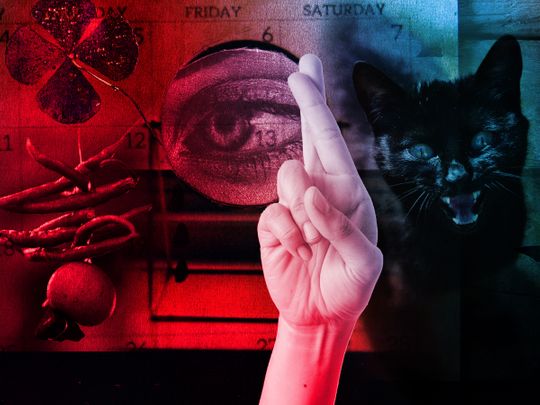
If you're superstitious, walking through the streets could feel like navigating a minefield littered with bad luck. Don't let a black cat cross your path. Something ominous may come when you hear a crow cawing. Step on a crack, and break your mother's back. Say ‘god bless you’ when someone sneezes. Knock on wood to show gratitude for a stroke of good luck. Take a look at some of the popular superstitions:
A black cat crossing the road
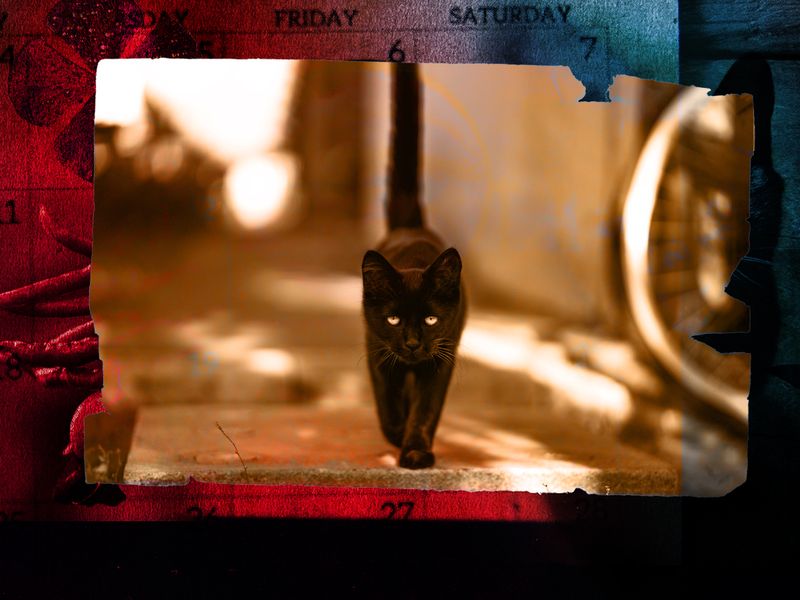
Why did the black cat cross the road? Nobody asks that. It is not at all funny. Compared to the ‘why did the chicken cross the road?’ joke to which you are allowed to have 27 funny responses. For ‘cats are supernatural beings’. They 'have nine lives'. They have built-in gyroscopes and land on all fours each time you throw them up. Even a blind cat can do it. Hence their sole purpose of crossing your path cannot be a stroll in the alley. It has to be for giving you a message. Such as to warn you that whatever you are up to won’t end as beautifully as it began. Or the journey you are embarking on is futile at best and tragic otherwise. What is worse is that the cat crossing your path could be on a mission from an evil spirit. In fact, European folklore suggests if you encounter such a cat on the path you are likely to die by an epidemic, a story that harks back to the bubonic plague days.
The evil interpretation of a cat’s peregrinations into your path is said to originate in the seventeenth century as they began to be associated with witchcraft and Halloween. However, it is not the same everywhere. In Japan and the UK, the belief is that a black cat crossing your path brings good luck.
Cats are even revered in many cultures across the world. Historically, they were considered divine symbols also. Egyptians believed cats were magical creatures, capable of bringing good luck to the people who housed them. Cat owners dressed them in fine jewellery and when they died, cats were mummified and owners shaved off their eyebrows in mourning. In Britain, Ireland and Germany encountering a cat during your journey is considered lucky. British sailors even welcomed them on their ships as they were said to ensure safe passage.
Break a mirror and get ready for seven years of bad luck
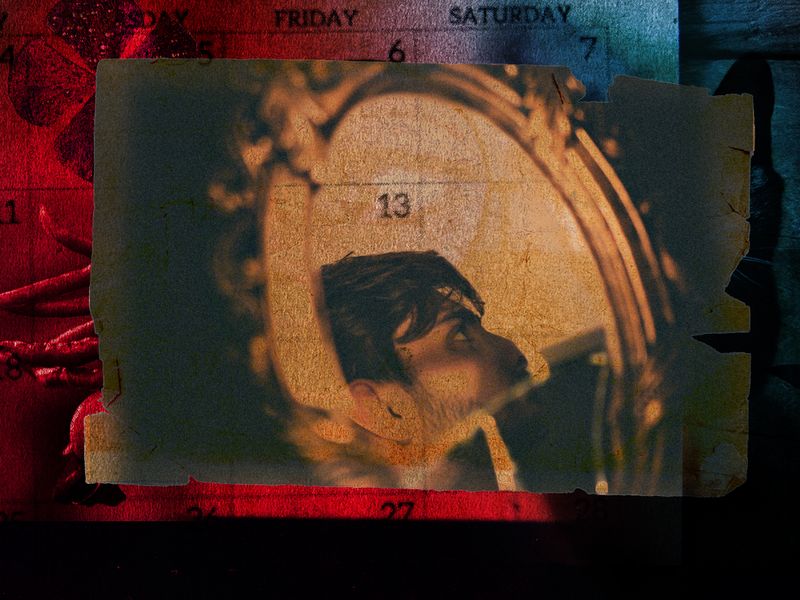
‘Break a mirror and get ready for seven years of bad luck' is a popular myth in many cultures. Some ancient people, especially in Greece and Rome, thought reflected images held mysterious powers. They believed the mirrors or any surface that reflected the face, represented the soul of the person. So breaking the mirror was also thought to damage the soul of the person who broke it, hence considered as a bad omen. Why 7 years? Some say it is a Roman thing. They had a tradition for measuring everything in multiples of 7, including life which they said renewed every seven years. However, this superstition is prevalent in Asian culture also. In the East, China and Japan, the mirror had a more central role, as a device of contemplation, which facilitates a gaze into the innermost, mystical self. A prime example of this is the mirrors in Shinto shrines.
However, the belief could not be so ancient. Because breakable glass mirrors are a relatively new invention, polished metal surfaces are the first artificial objects of reflection for mankind. It is sometime in the 13th century that glassmaking achieved perfection with Venetians crafting the first mirrors out of manufactured glass.
Like many superstitions, this has also created many counter superstitions. What to do if you accidentally break the mirror? You can do any of the following:
• Collect the pieces and drown them in the river
• Take a piece of it and touch it to a tombstone
• Spin around three times in a counter-clockwise direction
Touch wood to prevent bad luck
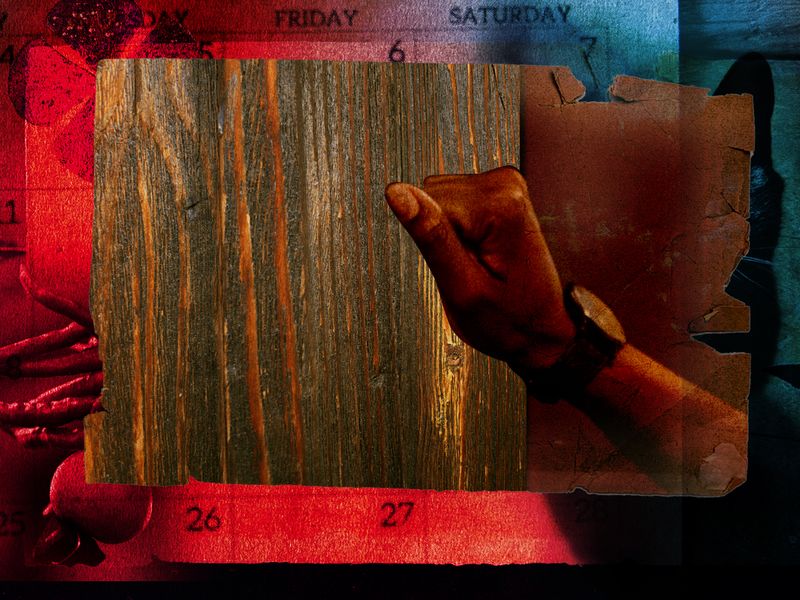
Prevent bad luck by knocking on wood? This is common practice today. However, the origins of “knock on wood” — “touch wood” in Britain — ritual is also disputed. One claim: it originated in the 19th century. The Oxford English Dictionary traces the phrase “touch wood” in a British children’s tag game called Tiggy-touch-wood, in which children could make themselves “exempt…from capture (by) touching wood.”
Ancient pagan cultures (i.e. among the Celts) believed trees are the dwelling place of spirits, so knocking on tree trunks may rouse them to protect people. It’s also thought of as a quick ritual for showing gratitude for a stroke of good luck. Christians have often linked the practice to the wood of the cross from the crucifixion. Another theory: people knocked on wood to chase evil spirits away or render them deaf when people boasted about their luck, thereby preventing a reversal of fortunes.
What happens if you walk under a ladder
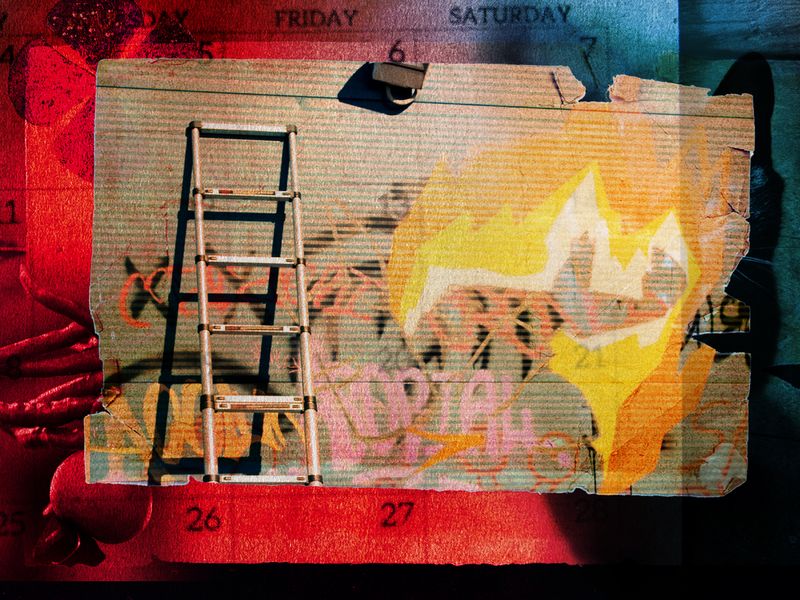
The ancients believed the space between the ladder and the wall was home to spirits - don’t want to disturb them. There are practical reasons to avoid walking under a ladder. For one, it’s just unsafe. If a ladder is up and someone’s working and standing on it working, a tool could fall on your head; or you could knock someone down if you nudge the ladder.
Other explanations: Webster cites one belief that if you walk under a ladder, you might accidentally see hidden beings climbing up or down. Also, a ladder leaning up against a wall forms the shape of a triangle, the symbol of the Trinity - and walking through it would be seen as “breaking” it. Is there any way to undo the curse? “The Encyclopaedia of Superstitions”, lists some remedies:
• Walk backwards through the ladder — again.
• Say "bread and butter" as you walk under it.
• Cross your fingers, keep them crossed until you see a dog.
• Spit on your shoe — but don't look at your shoe until the spit has dried.
• Or, spit three times between the rungs of the ladder. It seems easier just to avoid the ladder altogether.
Howling dogs as omen of death
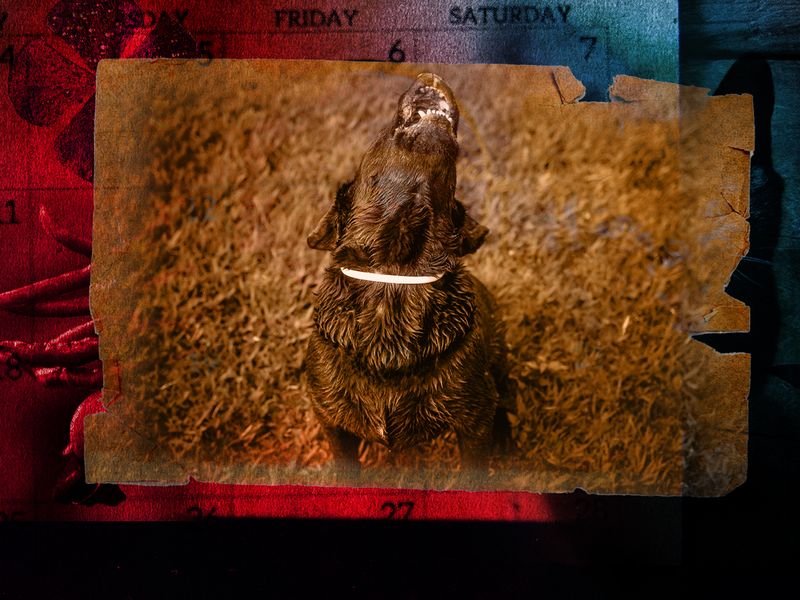
What does it mean when your dog is howling? It may mean many things, say dog experts, but for the superstitious, it is an omen of ‘death’. Dogs and certain other animals have a more developed sense of smell, sight and sound, but can they actually sense the coming of death? There is no dearth or sixth sense talk and anecdotal ‘evidence’ but what is lacking is a confirmation that the howling and death are related.
Where did this belief come from? Some say it has Egyptian roots but it is prevalent in other cultures too. In Irish folklore, dogs howl when they see phantom hounds that accompany the gods of death. Nordic myths suggest dogs howl to acknowledge the coming of Freyja the goddess of death. Similarly in parts of India too, the dogs’ howling is attributed to them seeing Yama, the god of death.
Beginner’s Luck, a belief that negates hard work
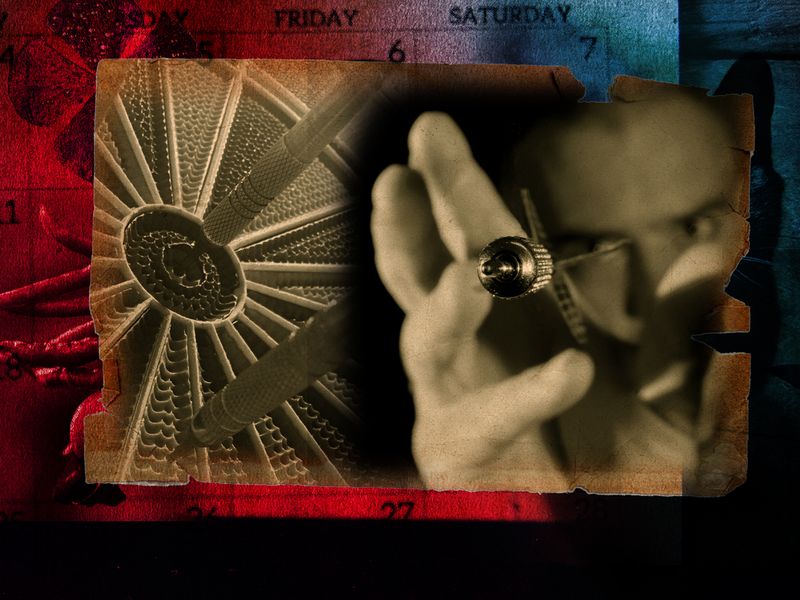
First-time player, then you are a winner! Beginner's Luck is an illogical belief that newcomers are more likely to win something the first time they play. The root of this belief lies in confirmation bias or the tendency to interpret new evidence as confirmation of one's existing beliefs or theories. So if you are playing a sport for the first time you could be a winner. Well, don’t depend on that, it’s just a belief!
Crossing fingers
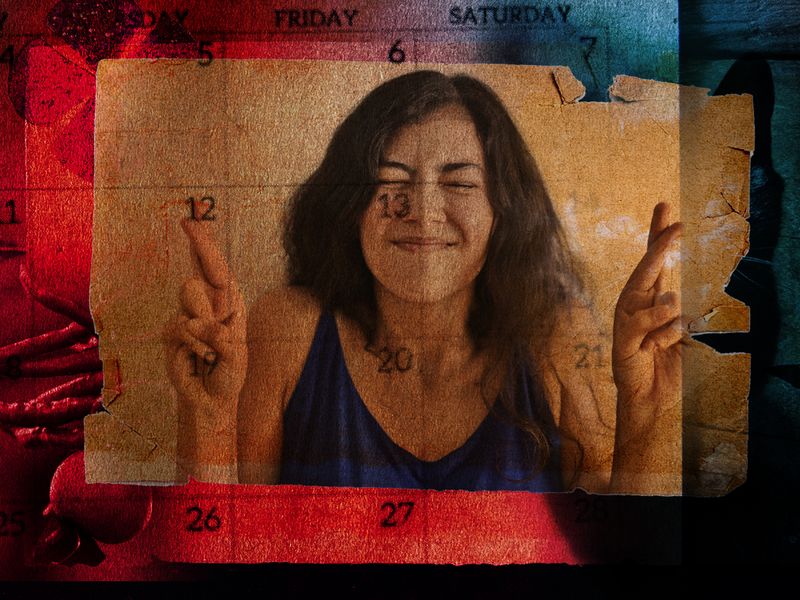
Those wishing for luck will often cross one finger over another, in a well-understood gesture. One may even say: “I’ll cross my fingers for you”, instead of carrying out the action. A popular explanation for the gesture is that it originates from times when Christians were persecuted for their religion, and crossing their fingers was a secret way of invoking the cross. Given its late appearance and restricted distribution, the explanation is unfounded.
Sneezing and god bless you
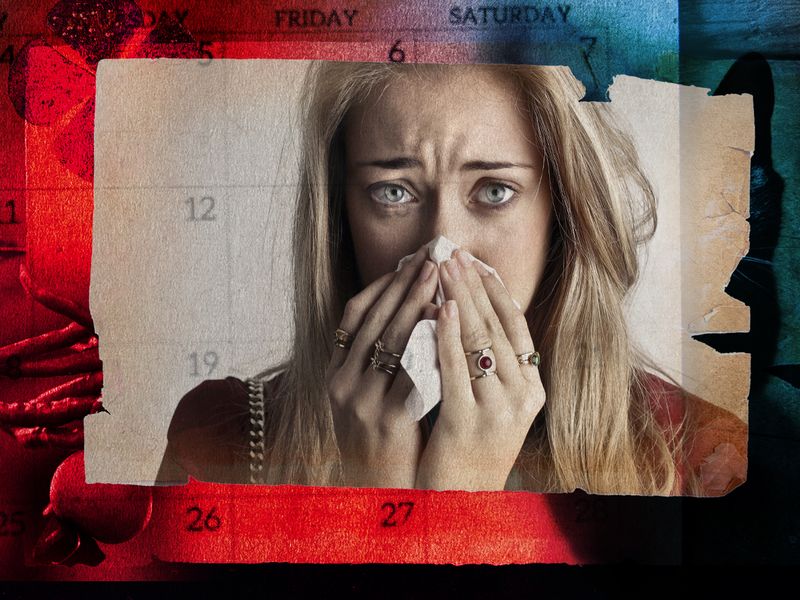
Its origin is wrapped in mystery. There are only informed guesses on how the practice came about. One theory, and the most well-known one, is that it originated in Rome. As the plague was ravaging Europe, sneezing was a common symptom. The story has it that the reigning pontiff then, Pope Gregory I, had suggested that a tiny prayer — by saying, “god bless you” after a sneeze — would protect the person from death. There are other theories. A bizarre one states that the practise came from the ancient belief that a sneeze might accidentally expel the spirit from the body — unless god blessed you and prevented it. In other cultures, it’s thought that sneezing forced evil spirits out of the body, leaving others exposed to the wandering spirits. A “blessing” was to protect both the sneezer and those around him.
The best direction to sleep
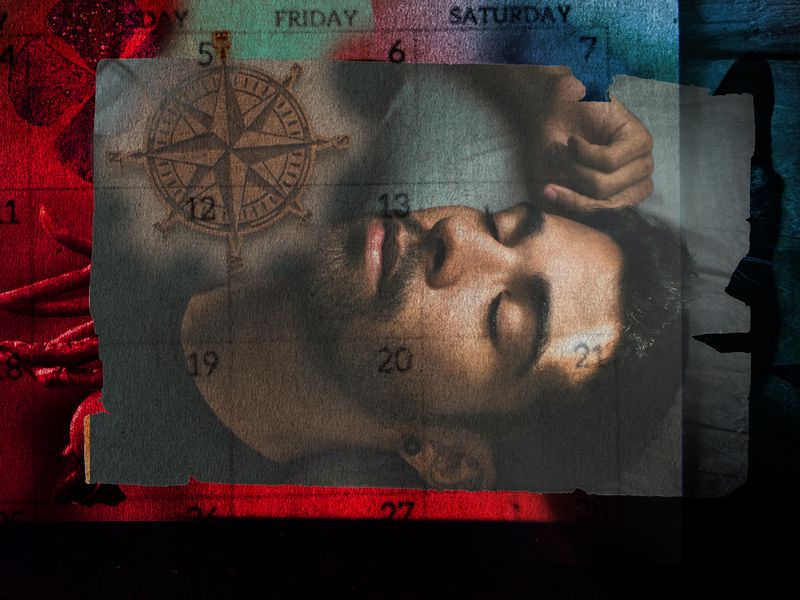
Sleep is one of the crucial times in our life. The twilight zone between the conscious and the unconscious is when we are the most vulnerable. Buddha called sleep ‘the small death’ and many ancient communities considered death a perfect - and longer - sleep.
No wonder there are many ‘beliefs’ and fixations regarding the right direction to sleep. In parts of India, it is considered inauspicious to sleep with the head in the direction of the south. Because south is the direction of Yama. And for many Hindus, the south is the direction where the head should be pointed to when the body is laid out after death.
However, one can see contradictory beliefs in other parts of India. South and east are considered to be the best directions to point one’s head as per many traditions.
Itchy palms – money coming in or going out
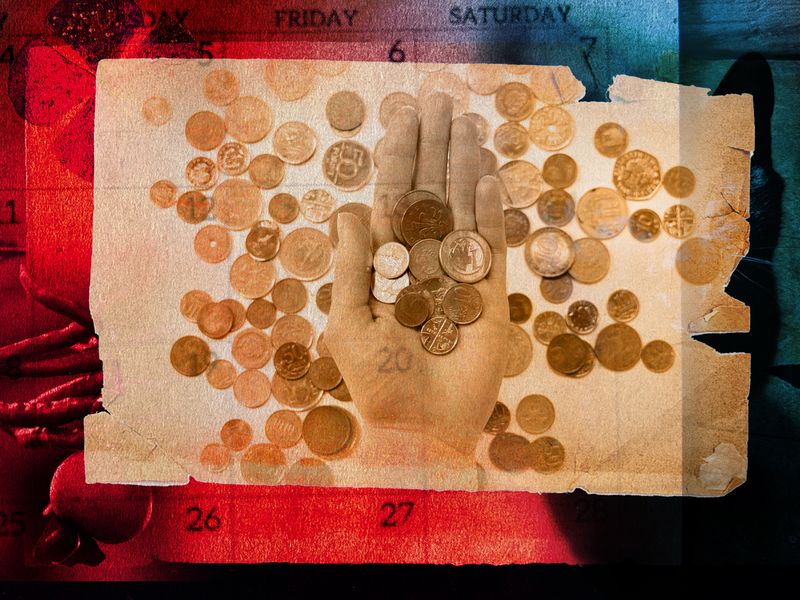
According to some people, an itchy left palm means money is coming your way, while an itchy right palm means you're about to lose money or vice versa. Some people also believe that scratching your itchy palm on wood will guarantee good fortune.
The roots of this belief go back a long way. The Saxons in Europe believed that rubbing one’s skin on silver was a cure for most diseases. Eventually, this turned into a superstition that an itch meant silver would come your way. The superstition was later adopted by the Romans, especially by fortunetellers.
So, do you have itchy palms? Maybe it’s time to visit a dermatologist.
The evil eye of people
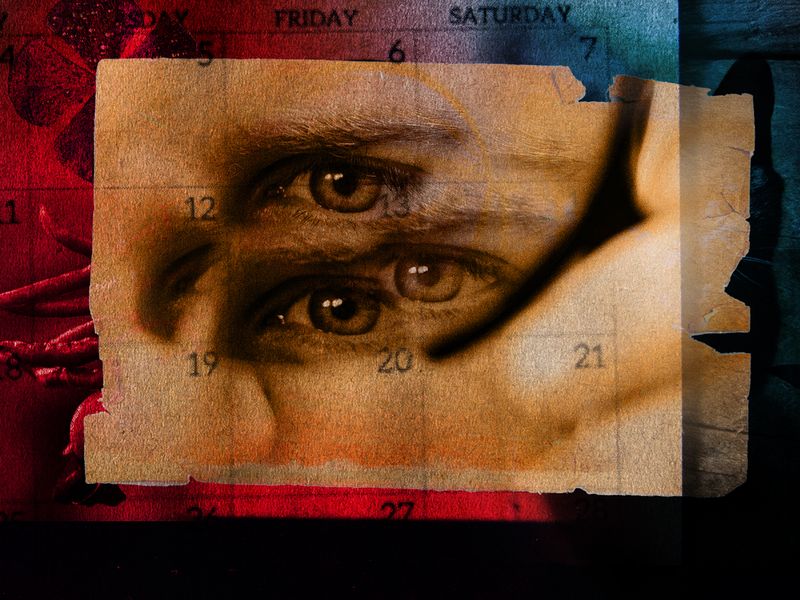
It is said that more than 40 per cent of people around the world believe in the evil eye – a power to cast a spell on someone by looking at them, so that bad things happen to them.
The idea dates back to at least the 6th century BC in Greece where it appeared on Chalcidian drinking vessels, known as 'eye-cups'. It is found in many cultures in the Mediterranean region, with many believing that receiving the evil eye will cause misfortune or injury.
It is not surprising, then, that many cultures also use protective measures against the evil eye – including wearing amulets and talismans. In some places, a black dot is placed on the otherwise blemishless face of a child, a scarecrow is perched on a newly-built house or an old shoe is left hanging from a new car – all in the name of warding off an evil eye.
Crow cawing
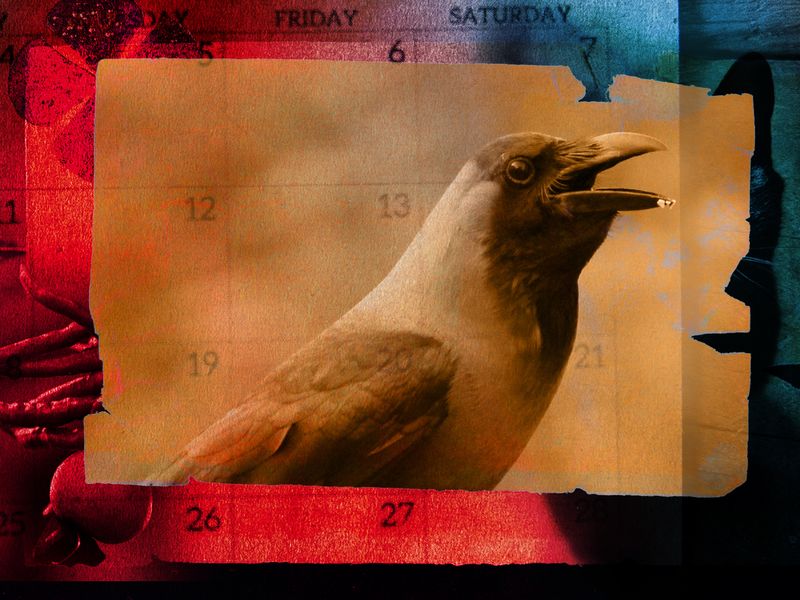
In American folklore, crows’ nightly cawing indicates something ominous — like death, evil, dark approaching, misfortune, accident, disease, etc. We have collected the numerous superstitions surrounding the cawing of crows:
• Hearing a crow caw between 7 and 11am, rain and wind will follow
• Between 11am and 1pm quarrels will ensue.
• If a crow follows you and caws at you, especially at night, there will be bad luck or death that will come to pass.
• When a crow caws in front of your house: it indicates approaching danger/destruction.
• A crow flying from the northeast early in the morning: it indicates good news.
• If a crow caws at you, it means you have an imbalance life. ...
• Four crows cawing means that you will experience abundance, good fortune, and prosperity soon.
Stairway to bad luck? Oro, Plata, Mata

Count your steps right, especially if you are building a staircase. Oro (gold), Plata (silver), Mata (death) is traditional Spanish-Filipino superstition. According to this belief, the staircase of any building should have the right number of steps and when counted in order - Oro, Plata, Mata - should not end in Mata (death), which could bring bad luck.
Unlucky 13
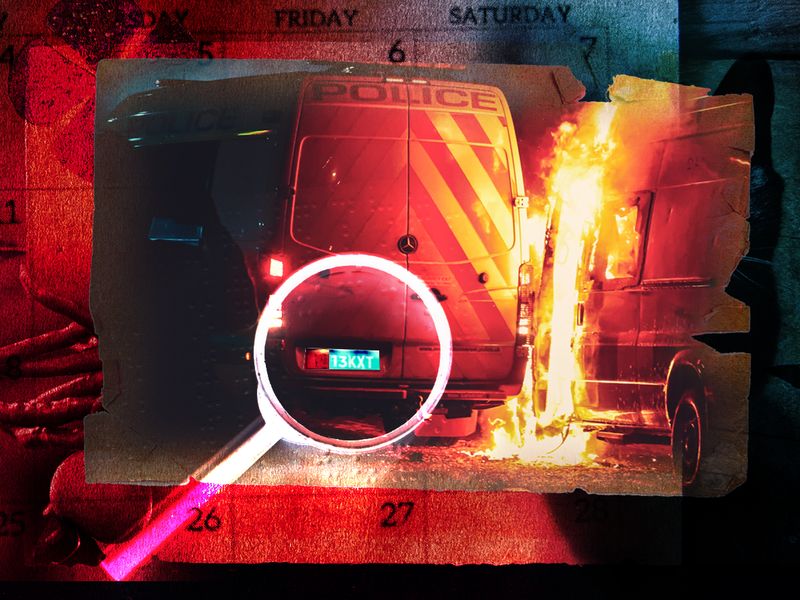
It is highly probable that the number 13 would have spooked you at some time or the other. Why? An early myth surrounding this superstition involved one of the world’s oldest legal documents, the Code of Hammurabi, which reportedly omitted a 13th law from its list of legal rules, Actually, it was a clerical error in which one of the translators failed to include a line of text.
Two other popular theories for this superstition revolve around the appearance of a 13th guest at two ancient events. In the Last Supper, in the Bible, some believe Judas Iscariot, who betrayed Jesus, was the last man in. However, in the Bible, there is no reference that he entered last.
Then again, ancient Norse or Scandinavian mythology holds that evil was first introduced in the world by the appearance of the treacherous Loki at a dinner party. He was the 13th guest, upsetting the balance of the 12 gods already in attendance.
Mathematicians and scientists, meanwhile, point to the number 12 as being considered a “perfect” number in the ancient world. Most calendars have 12 months and a single day is comprised of two 12-hour half days.
Therefore, some argue that coming after a ‘perfect’ number, 13 was bound to be an unusual one.
Why Chinese avoid number 4?
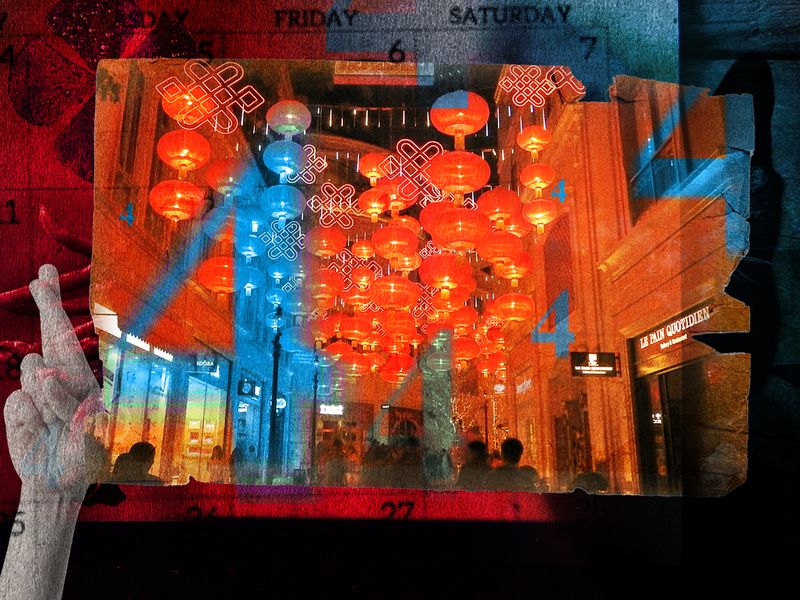
It’s not number 13, but 4 that is considered unlucky in China because the word sounds a lot like the word for death. So, Chinese buildings lack a fourth floor, flat number 4 and so on. Incidentally, Chinese drivers avoid car plates with number 4.
Why do people fear these numbers?
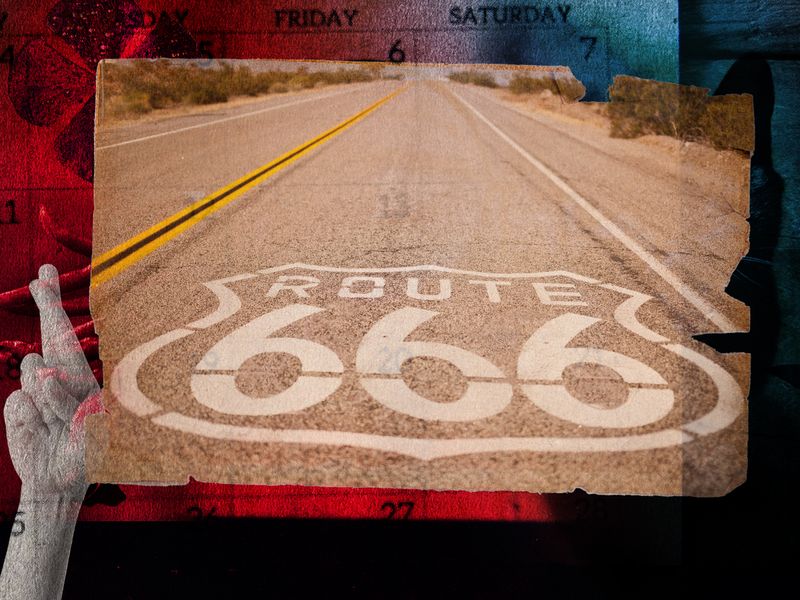
While number 13 makes many nervous around the globe, Japanese fear number 9 because it sounds similar to suffering. That is not the end of number fear, for Italians are superstitious about Friday the 17th because rearranging the Roman numeral XVII can create the word 'VIXI', translated from Latin to mean 'my life is over'. The superstitions of numbers resonate throughout human history and will continue.
Friday the 13th
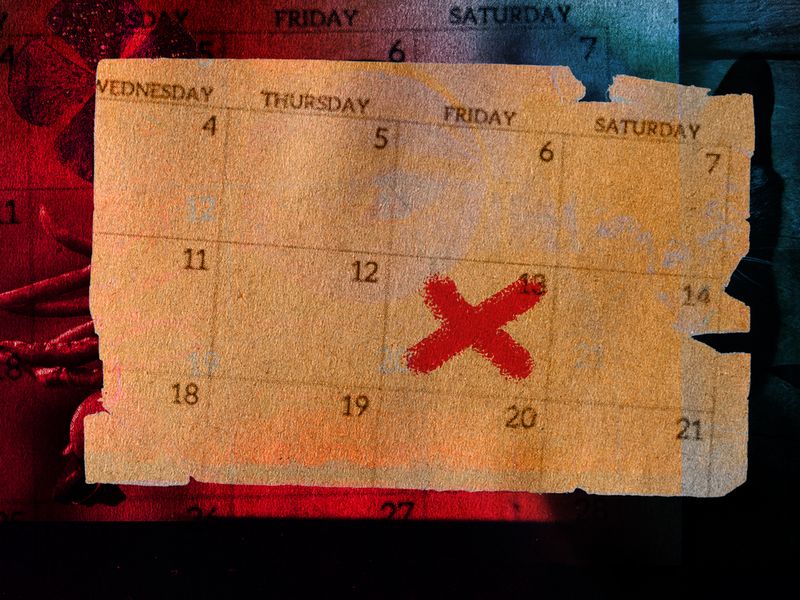
Do you suffer from paraskevidekatriaphobia or friggatriskaidekaphobia, or simply a fear of Friday the 13th? You're not alone.
Much of the beliefs surrounding this day stem from the number 13.
Though Friday’s negative associations are weaker, some have suggested they also have roots in the Christian tradition.
Some incidents on Friday the 13th over the years have given the superstition some weight. On Friday, October 13, 1307, officers of King Philip IV of France arrested hundreds of the Knights Templar, a powerful religious and military order. Many Templars were later executed. Some cite this story for the legend of the superstition, but the truth remains murky. Traumatic events like cyclones, bombings and disappearance of aircraft on the day have lent credence to the belief.
A wedding superstition

Marriages are held in heaven, so they say, but in the Philippines, if two siblings marry within the same year, it is believed to bring ill will. Sukob is the most infamous wedding superstition in the Philippines. This superstition is applied by some to other members of the family too. For instance, if children’s weddings and their parents’ renewal of vows happen in the same year, it is considered a Sukob.
Cricket superstitions
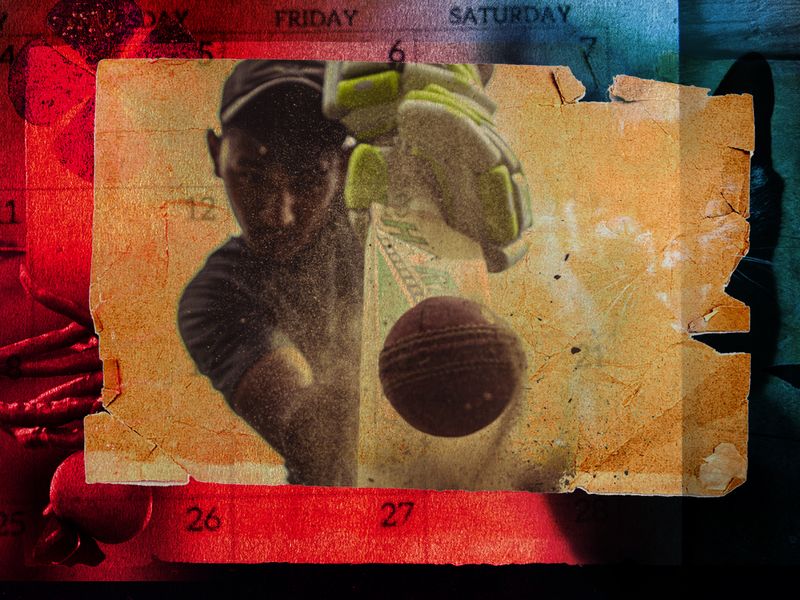
The score 111 is much feared in cricket since it’s believed to result in the dismissal of a batsman. Since 111 resembles stumps without bails, it’s equated with a dismissal. In England, it’s called the Nelson. The English believe it originated from the British Royal Navy officer Admiral Lord Nelson, who’s said to have had only one eye, one arm and a leg towards the latter part of his life. That was pure fabrication since Nelson had two legs.
Even the multiples of 111 were considered unlucky, and they were called double Nelson (222), triple Nelson (333) and so on. When the score reached 111, English umpire David Shepherd used to stand on one leg to counter any ill luck.
For Australian cricketers, 87 is an unlucky number since it’s 13 short of a hundred. Thirteen is said to bring bad luck, and they believe a dismissal is imminent when the score reaches 87.
Some cricketers maintain quirky habits in the hope of continued success. Former Australian captain Greg Chappell wore the right pad first, a practice that was popular with former Indian captain Rahul Dravid. Mohinder Amarnath of India and Steve Waugh kept a red cloth or handkerchief in their pocket while they batted.
Sri Lanka’s Sanath Jayasuriya and Mahela Jayawardene, India’s Sachin Tendulkar too had pet habits at the crease, while Sri Lankan bowler Lasith Malinga could be seen kissing the ball each time before delivering it at express pace.
Sports superstitions
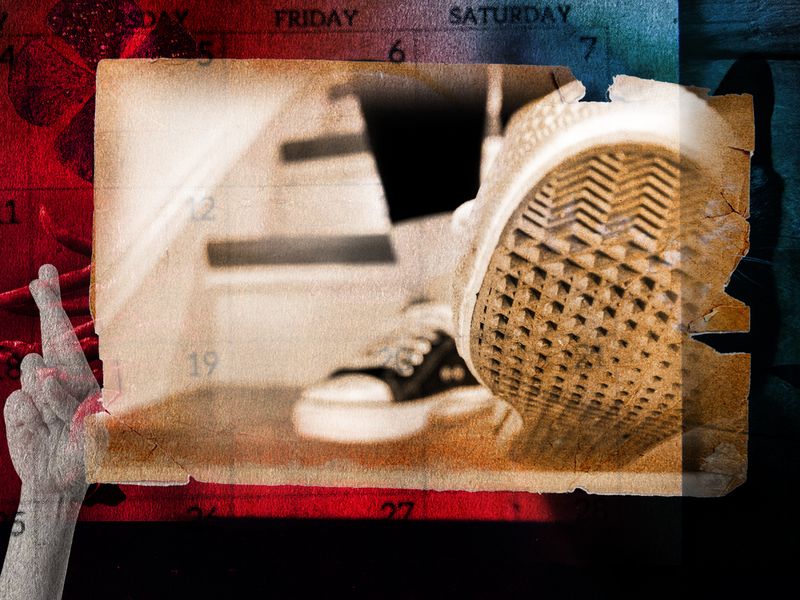
Superstitions abound in other sports as well. US tennis superstar Serena Williams reportedly wore a single pair of socks throughout a tournament. Iker Casillas too had a socks routine: the Spanish goalkeeper wears it inside for a game.
US basketball legend Michael Jordan steered the Chicago Bulls to six NBA titles. But he wore his University of North Carolina shorts under his Bulls uniform for every game.
Tennis sensation Bjorn Borg’s superstition was linked to one tournament: Wimbledon. The Swede sported a beard and wore the same Fila shirt as he went on five singles titles in a row.
Any picture of Tiger Woods winning a trophy would show the US golfer in a red T-shirt. That’s because he always wore red for the final round of every tournament, which generally falls on Sundays. Woods once told TV host David Letterman that his mother advised him that Woods’ powers would be highest when he wore red.
Baseball, American football and ice hockey players have bizarre rituals ahead of games. Even when they fail, the players continue the practice.
Disclaimer: This is just collection of popular superstitions from across the world.









